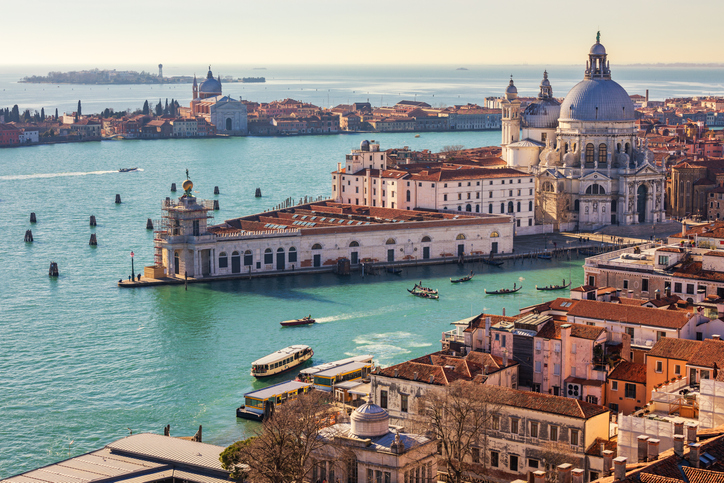Venice council has voted to impose an entrance fee on day-trippers to help pay for the upkeep of the much-visited lagoon city, setting a precedent that other tourist hotspots are watching closely, the mayor said last Wednesday.
Around 25 million tourists pour into Venice each year, of whom around 14 million spend just one day there. Many take picnics with them, bringing no income to local businesses.
Councillors overwhelmingly endorsed the entrance fee at a meeting on Tuesday evening, saying day-trippers would now have to pay 3 euros ($3.42) each this year to enter Venice, which is a UNESCO World Heritage Site.
The sum will rise to between 6-10 euros from the start of 2020, depending on whether tourists come in high or low season.
“This is unique in the world, the first time that anyone has dared to do anything this important to help manage a city,” said Mayor Luigi Brugnaro, who has championed the scheme.
“Other cities across Europe have already called us to ask for information about what we are doing. We are acting as a trailblazer,” he added.
The city council has not spelt out exactly how they will collect the money at first, but the mayor has suggested that eventually the transport companies bringing in visitors will add the amount to the cost of the ticket.
Exempted from the fee will be tourists who spend the night in local hotels, which already apply visitor taxes to their rates, and children under the age of six.
The head of the northeastern Veneto region, which includes Venice, welcomed the decision, saying it elevated the city to the status of an open-air museum.
“Venice needs respect, and as is the case with museums, sports stadiums, cinemas, trains and airplanes, it needs to have planned visits… which makes it sustainable both for tourists and the city,” Veneto governor Luca Zaia said on Wednesday.
Venice’s population has declined rapidly in recent decades from roughly 175,000 after World War Two to about 50,000 today. Remaining residents complain bitterly that their city is being overrun by tourists while they have to pick up the bill.
Brugnaro said the city was paying some 30 million euros a year more on cleaning its city centre than in comparable historic centres, given the huge numbers of visitors.
Mass tourism has become a problem in many European cities.
The Croatian town of Dubrovnik moved in 2017 to limit the number of tourists from cruises entering the old city, while locals in several Spanish cities, including Barcelona, Palma de Majorca and San Sebastian, have protested vociferously about a surge in visitors.






